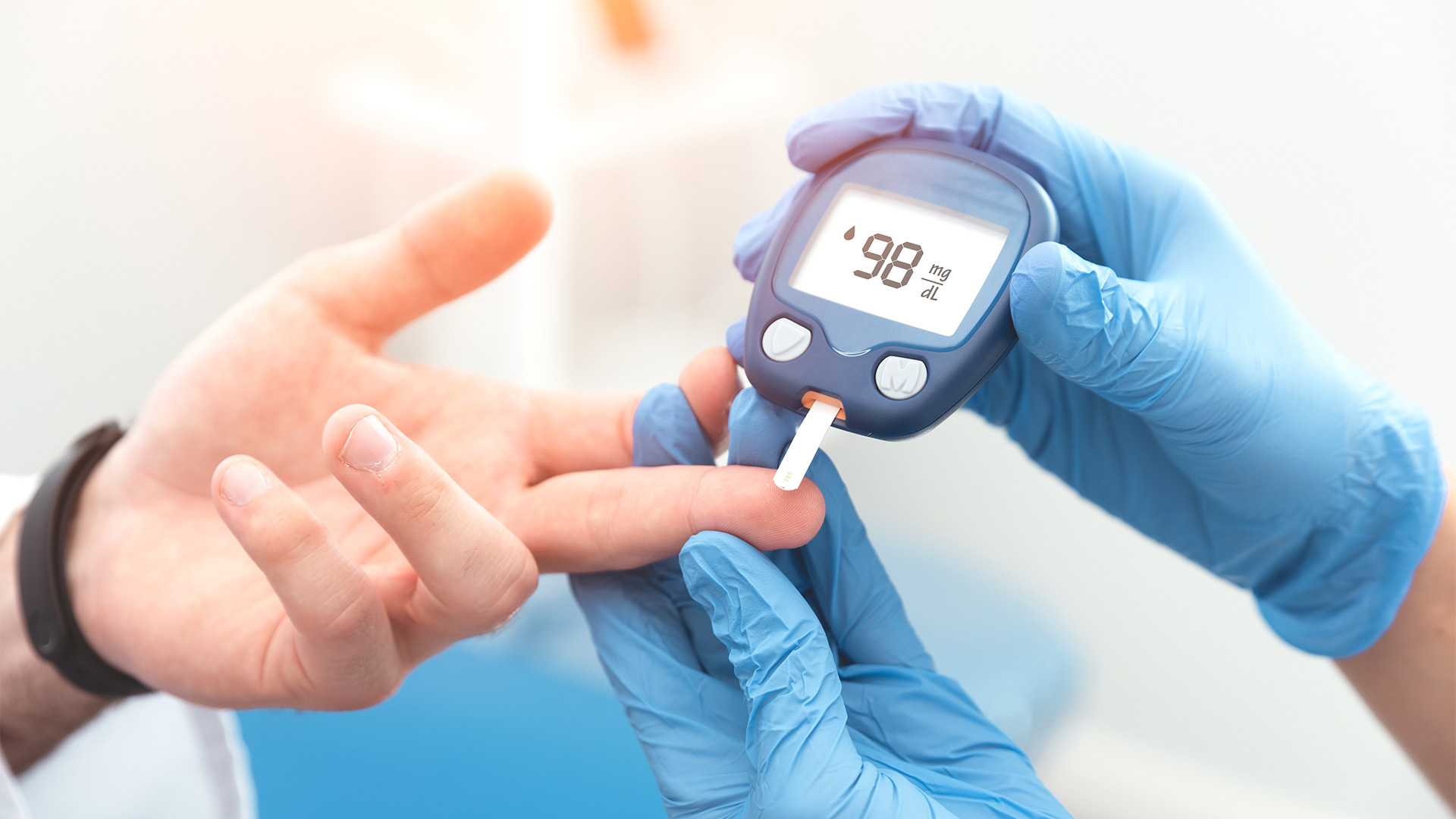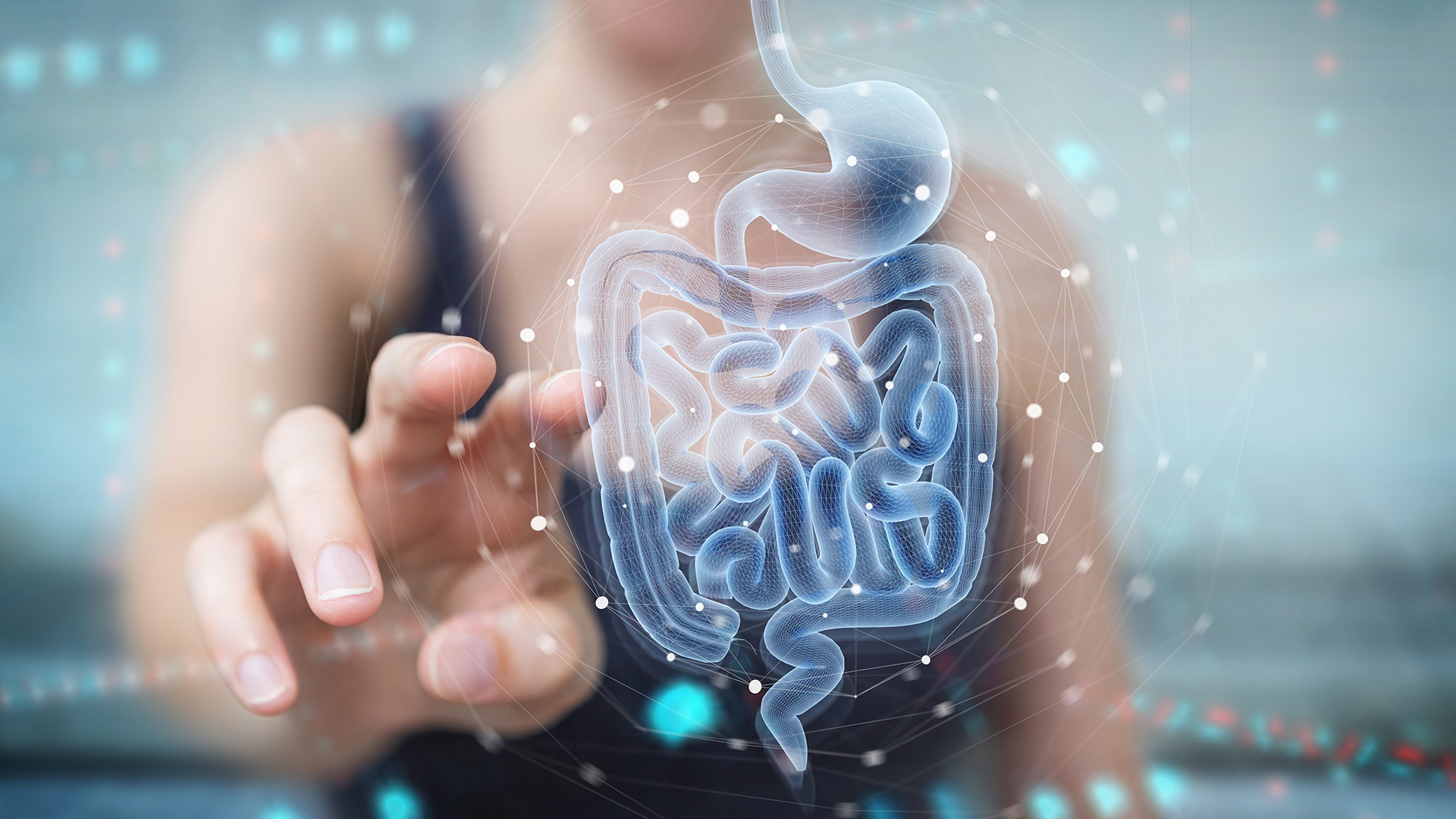Specialties

Diabetes
Diabetes is a disease that affects how your body uses blood sugar (glucose). Glucose is an important source of energy for the cells that our muscles and tissues consist of. It is also the main fuel source of our brain.

Hypertension
High pressure exerted by the blood in the blood vessels against the vessel wall is defined as hypertension. Prolonged high blood pressure causes damage to the inner surface of the vessels.

Cardiovascular Diseases
Cardiovascular diseases are grouped under four main titles; coronary heart disease, cerebrovascular disease that occurs in the form of stroke, peripheral artery disease and aortic aneurysm.

Digestive System
The digestive system is a long and complex body system. When there is a disruption or deterioration in an organ or functioning of this system, digestive system disorders occur.

Infectious Diseases
One of the most serious disease groups that can develop as acute or time-spread complications and pose a life-threatening risk is infectious diseases. All diseases caused by bacteria, viruses, fungi and parasites, sexually transmitted diseases, HIV, AIDS, jaundice (hepatitis)….

Upper Respiratory Tract Infections
Diseases in the nose, throat and throat are called upper respiratory tract diseases. The most common are pharyngitis, sinusitis, tonsil infection, flu and cold. People with immune problems, allergies and children, are among the high risk group.

Asthma and Bronchitis
Asthma is a disease that causes shortness of breath, chronic cough, chest tightness and wheezing, as well as inflammation of the airways. Acute bronchitis is a common respiratory disease, whereas, acute bronchitis is usually caused by upper respiratory viral infections.
